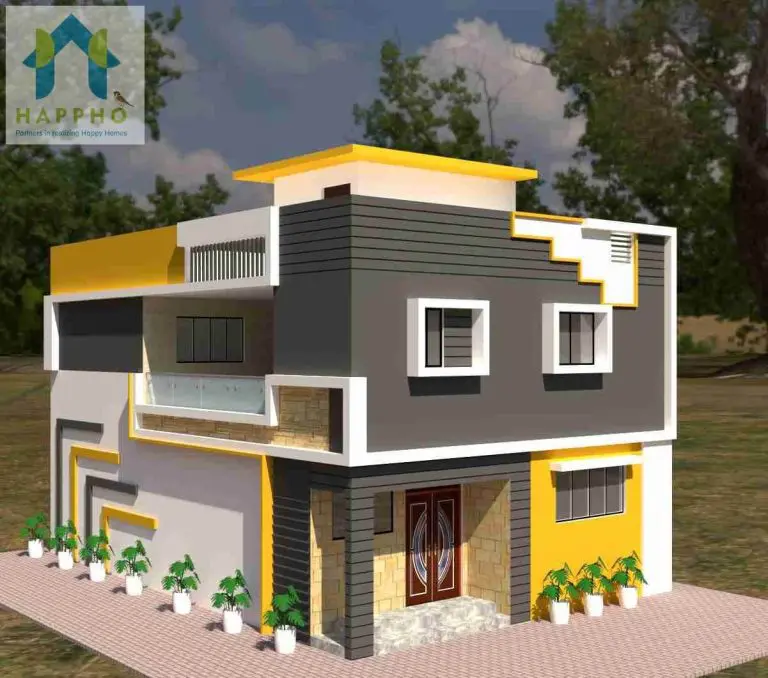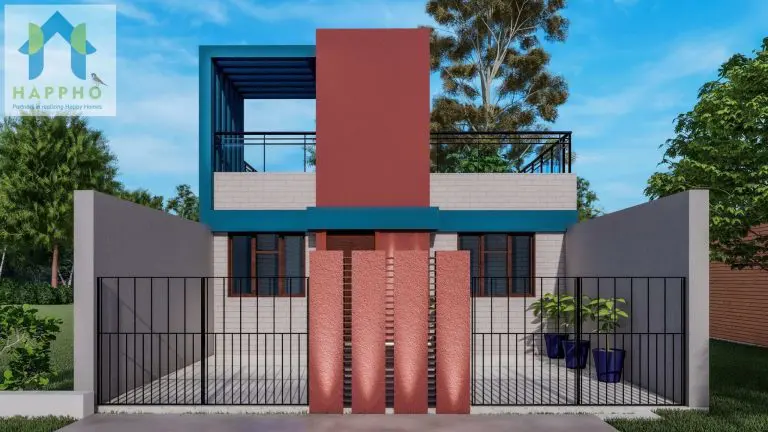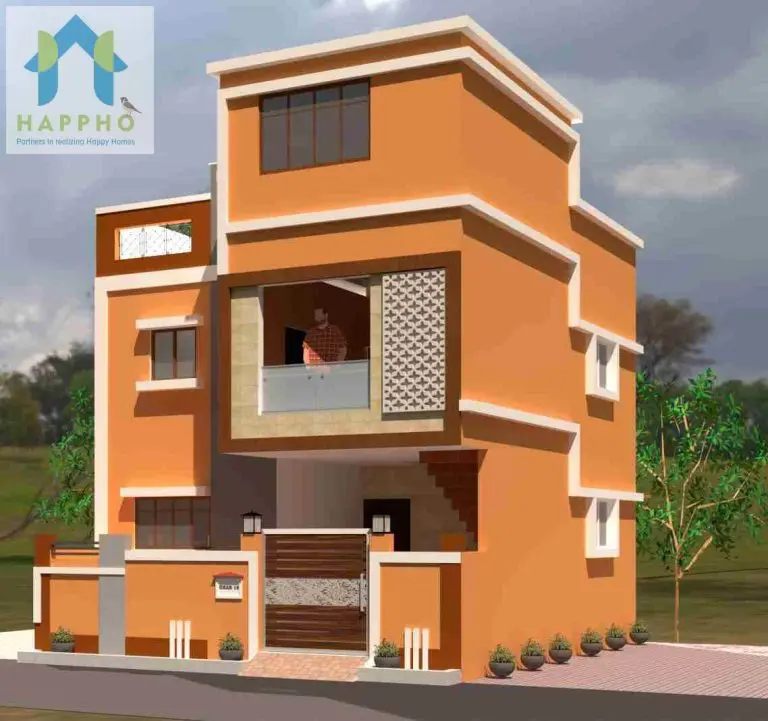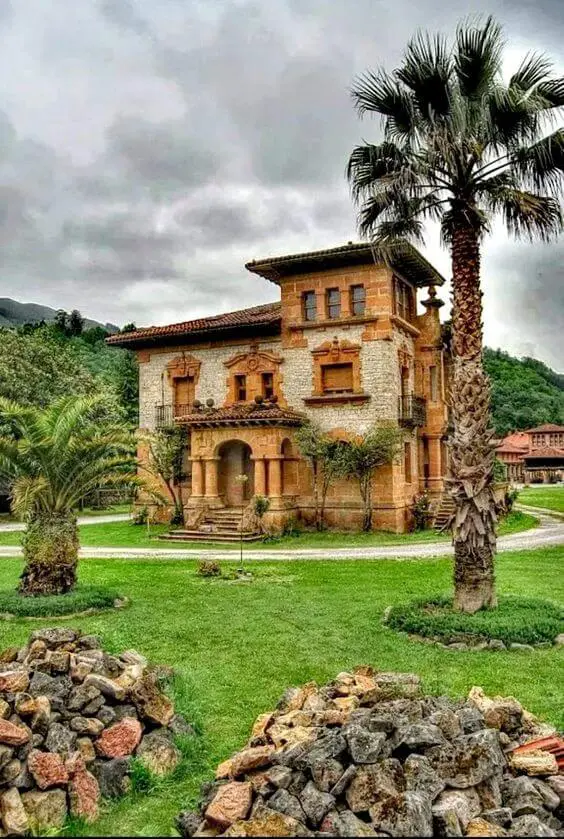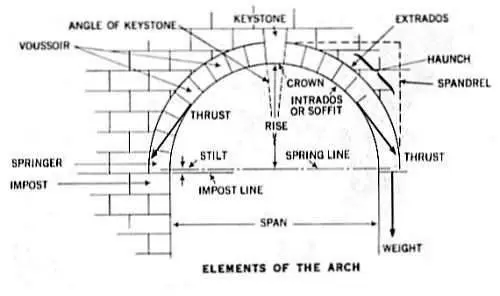Engineered wood, also called composite wood, man-made wood, or manufactured board, includes a range of derivative wood products which are manufactured by binding or fixing the strands, particles, fibres, or veneers or boards of wood, together with adhesives, or other methods of fixation to form composite materials.
These Engineered woods are less expensive than normal woods and are used in most of the modern furniture created. Here’s a list of some of the Engineered woods that are normally used in our daily lives. We have given a detailed comparison for your understanding.
| S.NO. | TYPES OF FURNITURE MATERIAL | DEFINITION | PROPERTIES | APPLICATION | THICKNESS AVAILABLE IN MARKET | SIZES |
| 1 | PLYWOOD | PLYWOOD is obtained by gluing thin sheets of wood or veneer and then baked in apress at 140 °C and 1.9Mpa to form plywood panel. | 1.It has more strength compared to block boards, MDF and HDF. 2.It is more water resistent than MDF and HDF. 3.It is free from shrinking and warping. 4. By alternating the grain direction of the veneers from layer to layer, or “cross-orienting”, panel strength and stiffness in both directions are maximized |
1.Plywood is used for doors, exterior stairs, external cladding, flooring, framing, interior rails and interior stairs, internal paneling, shear walls. 2.Plywood bends so it used to create curved surfaces. 3.According to different grades of plywood some of them also useful in harsh environments like marine areas . |
3, 4, 6, 8, 12, 15, 18, 21, 25 mm | 8X4,8×3, 7×4, 7×3, 6×4 and 6×3 sq.feet |
| 2 | MDF | MDF is obtained from breaking down of softwood and hardwood,the wood fibers are then glued together using wax and resin adhesive they are made into pannel by applying high temperature and pressure. | 1.MDF gives smooth and uniform surface. 2.MDF is very easy to cut due to which end product have smooth finish. 3.Consistant in shape and sizeand strength. 4.Easy to finish. |
1.For doors and internal paneling in construction. 2.For manufacturing tables,desks etc. 3.usually the places at which moisture is less. |
Plain MDF 2.3, 2.5, 3, 4, 5.5, 6, 8, 11, 12, 15, 17, 18, 25, 30 and 35mm.Pre-laminated MDF 6, 8, 11, 12, 15, 17, 18, 25, 30,35mm. |
8X4, 8X6, 7X6, 7X4 and 6X4 sq.feet Pre-laminated MDF |
| 3 | HDF | It is similar to particle board and medium-density fiberboard, but it is denser than MDF. It is stronger and harder because it is made out of exploded wood fibers that have been mechanically compressed. | 1.It has more strength compare to MDF other particle board. 2.It has smooth surface. |
1.For indoor and outdoor furniture, wall paneling, furniture, room partitions, and doors. | 2.3, 2.5, 3, 4, 5.5, 6, 8, 11, 12, 15, 17, 18, 25, 30 and 35mm. | 8’X4, 8X6, 7X6,7X4and 6X4sq.feet |
| 4 | PARTICLE BOARD | particle board are made from glueing together small chips and saw-dust and firmly pressing them together to make boards or sheets. | 1.Low Cost 2.It is denser than conventional wood but lighter and weaker than them 3.Perfect for Ready-Made Furniture 4.it is very prone to expansion and discoloration due to moisture, |
1.For doors and internal paneling in construction. 2.For manufacturing tables,desks etc. usually areas having no moisture. |
6, 8, 11, 12, 15, 17, 18,25, 30,35,40mm. | 9×6, 8×6, 7×6, 9×4, 8×4, 7×4, 9×3, 8×3, 7×3 sq.feet |
| 4 | BLOCK BOARD | Blockboard is obtained by inserting wooden blocks between two layers of plywood and they are glued together under high pressure. | 1.Blackboard runs lengthways in order to achieve the maximum strength. 2. Easy to handle and work with. 3. Block boards are stable, light, easy to cut, reclaim & to preserve in sea water. |
1. For making long book shelves 2. Blockboard Doors and Solid core flush door. 3. Single and double beds, and Settees (Diwan) for sitting. 4. Lengthy wall panels & Wardrobe Doors |
16, 19 and 25 mm. | 8 x 4,8 x 3,7 x 4,7 x 3,6 x 4 and 6 x 3 sq.feet |

